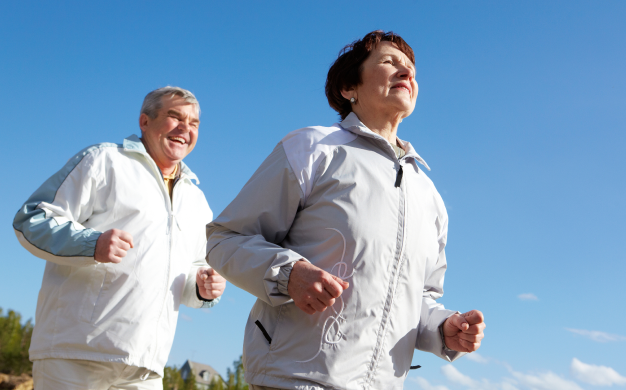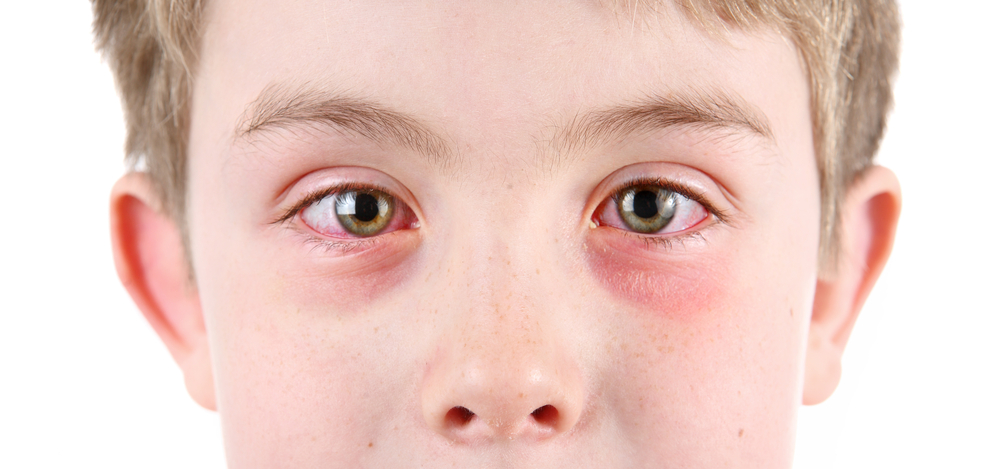We all want to stay active and healthy as we age. Adopting healthy habits, using preventive services, and managing health conditions can contribute to healthy ageing. Read more about healthy ageing, the factors involved, and the effective healthy ageing tips.
What is healthy ageing?
Ageing is a natural phenomenon. According to the Centres for disease control and prevention (CDC), healthy ageing develops and maintains physical, mental, and social well-being in older adults. Health and ageing must go hand in hand. As you age, it becomes important to maintain health to prevent future health complications.
Physical factors
In normal ageing, individuals undergo various physical changes, including sensory impairment and brain cell reduction. However, several physical factors can be implemented to promote healthy ageing, such as healthy eating and physical activity. Unwanted physical changes often accompany ageing, but steps to counteract them are available and encouraged by health care experts. Ageing may affect the senses like vision and hearing ability. In fact, as per studies, most people over 75 years old are considered to have impaired hearing.
Additionally, vision impairment is common in old age and may affect the ability to read land detect objects. In addition to changes like vision and hearing, the sense of smell decreases with age. The loss of smell can indicate Alzheimer’s and cognitive impairment. Eating disorder is more common with this condition contributing to weight loss, poor nutrition, and a weak immune system.
Taking care of physical health
While more research is going on how to slow age-related declines in physical health, researchers have already discovered multiple ways to improve overall health in the later stages of life. Taking care of physical health involves making healthy food choices, staying healthy, limiting alcohol intake, and actively managing health care needs. These simple modifications in lifestyle can help support healthy ageing.
- Exercise and physical activity
Physical activity is the cornerstone of healthy ageing. There is evidence that people who exercise regularly not only live longer but also a healthy life; they enjoy life without pain or disability. Exercise plays a crucial role in maintaining a healthy weight. Obesity and excessive weight increase the risk of death, disability, and other health complications such as high blood pressure and Type 2 diabetes. However, being thinner is not always a healthier option. Being too thin can weaken your immune system, which increases the risk of bone fracture and could be symptoms of life-threatening disease. Research has found that exercise or regular physical activity can still help you live a healthy life even if you are not losing weight. Several physical activities, such as brisk walking or yoga, do not require special equipment and are free of cost. As you include physical activities in your daily routine, you will feel energized instead of tired. So, find ways to get motivated and get moving.
- Healthy eating
Making smart food choices can help you protect from certain health complications as you age and may even help restore brain function. Experts suggest an eating pattern with lots of vegetables and fruits, healthy fats, whole grains, and lean proteins. Research shows that the Mediterranean diet, which includes whole grains, and healthy fats but less dairy and more fish, may positively impact health. A low salt diet has also been shown to deliver significant health benefits. If you are concerned about your eating habits, discuss how you can make better food choices with a health care expert.
Take care of mental health
Mental health is essential to your overall health and quality of life. It affects how you think, make decisions, and communicate with others. Managing stress, depression, and mood through medical and self-care ultimately contributes to healthy ageing. Stress often arises with difficult situations and circumstances. Constant stress can affect memory and increase the risk of Alzheimer’s disease or associated dementia. Finding appropriate ways to lower stress and increase emotional stability may lead to healthy ageing. Staying connected with others boost mood and improves overall well-being. Moreover, as soon as you begin noticing signs of depression, it is important to get evaluated by a health care expert.
Next steps
Taking care of physical and mental health is important for healthy ageing. Even small modifications in your daily life can help you live a healthy life. In general, you can support healthy ageing by quitting smoking and smoking. Yes, you need to quit if you are a heavy drinker or a chain smoker. It can lower your risk of several diseases, including lung diseases, heart disorders, cancer, or other serious health complications.
Final verdict!
Following these healthy ageing tips can help you stay longer and better as you age. Even if you have never followed even one step, it’s never too late to start caring for your health.
There is still a lot to know about how we humans age and what habits contribute to healthy ageing. Health care experts are exploring these questions with studies examining physical and mental health and those small lifestyle changes.




